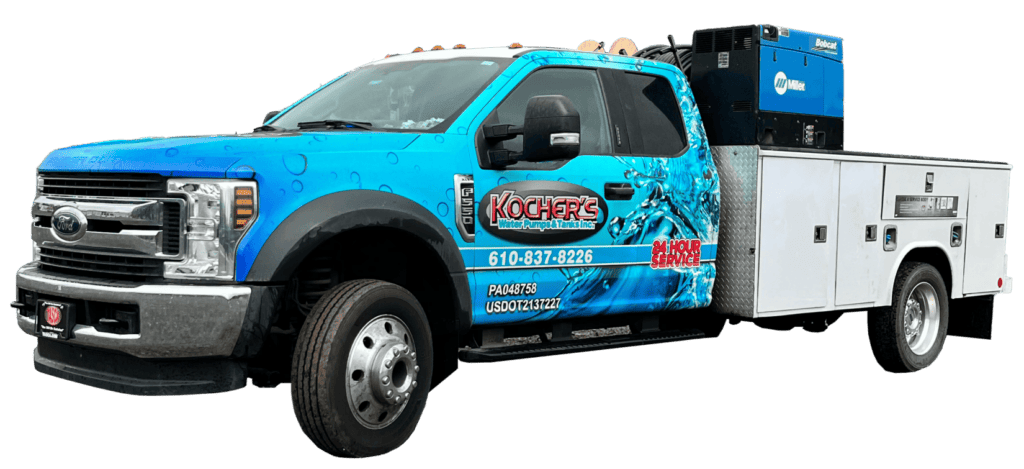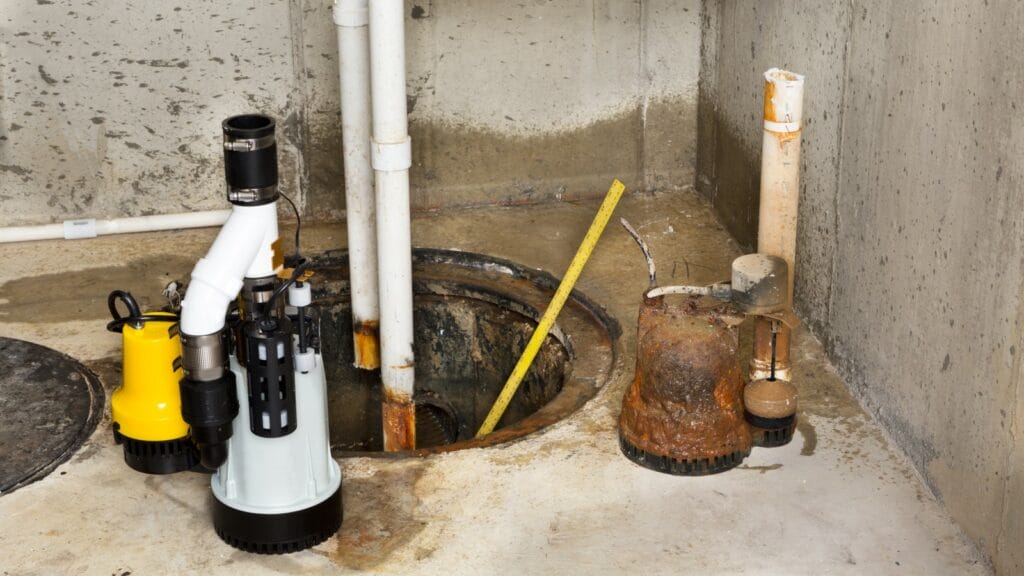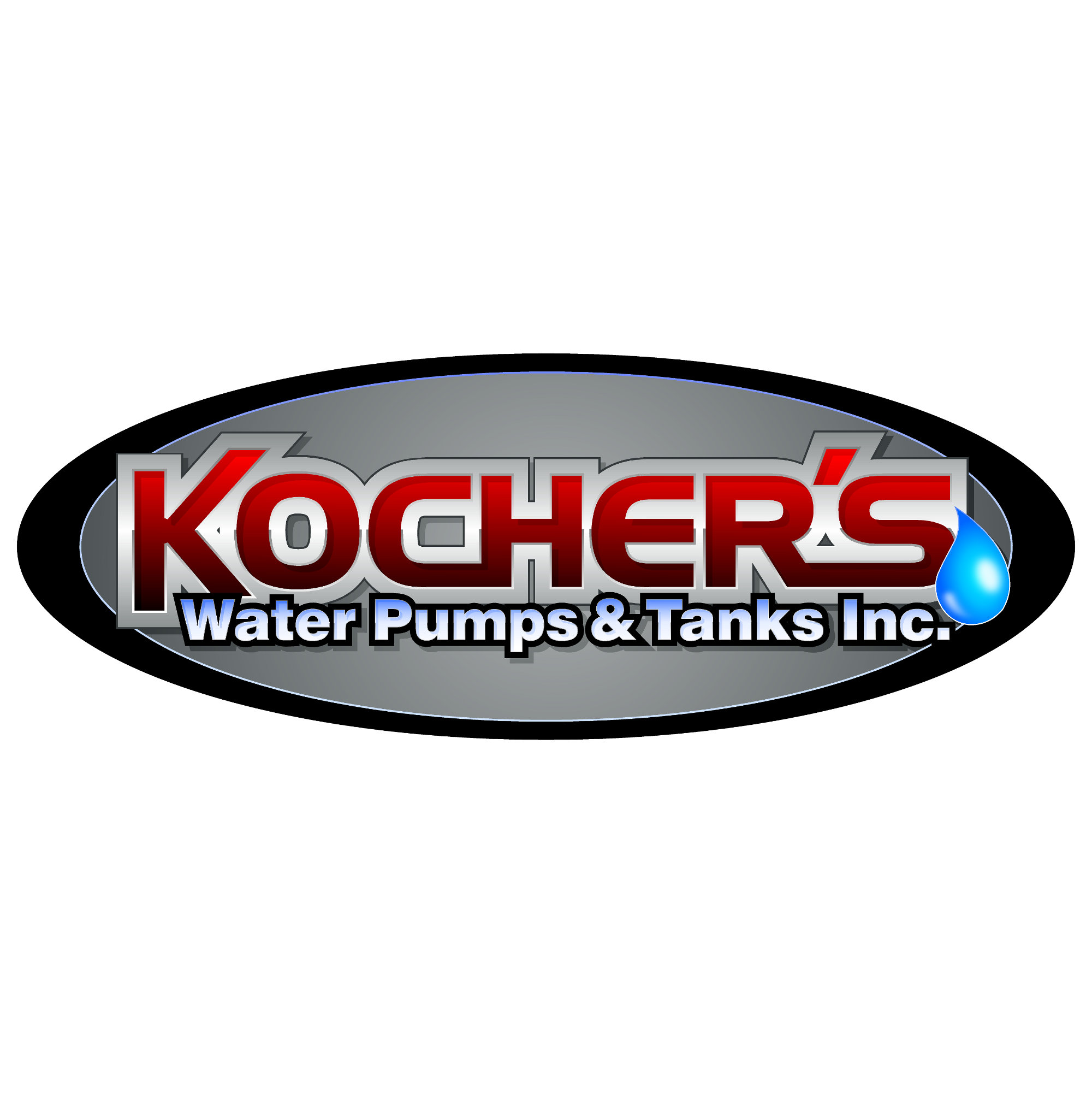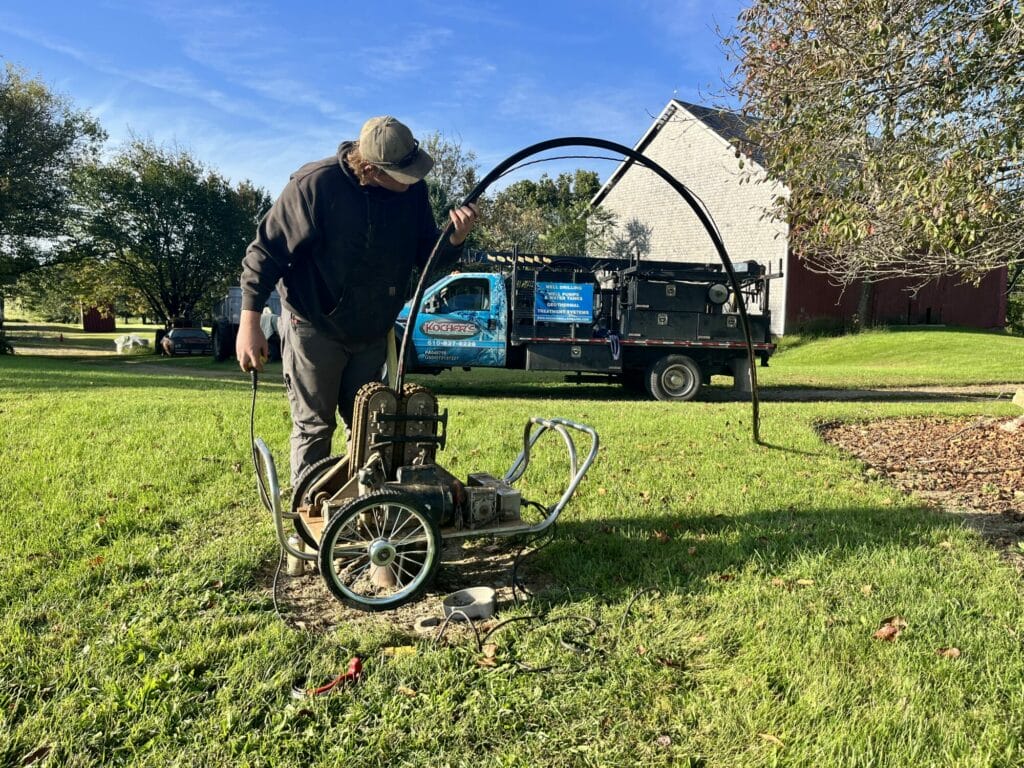Sump Pumps Replacement In Lehigh Valley, PA

Servicing the following Areas and more:
Dorset, East Bangor, Bath, Bethlehem, Center Valley, Coopersburg, Coplay, Danielsville, Easton, Emmaus, Fogelsville, Germansville, Hellertown, Kunkletown, Laurys Station, Nazareth, New Tripoli, Northampton, Orefield, Palmerton, Pen Argyl, Riegelsville, Schnecksville, Slatington, Walnutport, Wind Gap, Allentown, Albrightsville, Andreas, Jim Thorpe, Lehighton, Nesquehoning, East Stroudsburg, Bartonsville, Brodheadsville, Cresco, Effort, Gilbert, Henryville, Long Pond, Mount Pocono, Pocono Summit, Pocono Lake, Pocono Pines, Saylorsburg, Scotrun, Stroudsburg, Swiftwater, Tannersville, Blakeslee, Lake Harmony, White Haven, Kintnersville, Quakertown, Richlandtown, Albany, Krumsville, Breinigsville, Pocono Manor, Mahoning Township, Middle Smithfield Township, Polk Township, Summit Hill, Upper Nazareth Township, Northampton County, Lehigh County
🔧 Tailored Sump Pump Replacement and Repair Services
Encountering issues with your sump pump? Whether fixing an improperly installed unit, addressing a malfunctioning sump pump system, or responding to an emergency where your pump fails, our skilled team is ready to provide the solutions you need.
Don’t let water problems threaten your peace of mind! 💧 Reach out to us via our website or call us at 610-837-8226 for immediate, specialized sump pump repair and replacement services. 🌟
Comprehensive Coverage: Serving Lehigh Valley and Beyond
📍 Our proficiency in sump pump replacement and repair spans throughout Lehigh Valley. We’re not limited to Allentown, Bethlehem, and Easton – our services extend to surrounding areas like Nazareth, Hellertown, Williams Township, and more. We are committed to ensuring that every home in our area is equipped with a reliable and efficient sump pump system. 📍
Recognizing When to Replace Your Sump Pump
Knowing when to replace a sump pump is key to protecting your basement from water damage. Look for signs that your sump pump, often located in the sump pump pit, may need replacement. Keep in mind that most sump pumps, particularly submersible types, have a limited lifespan and require effective maintenance.
Signs Your Sump Pump Needs Replacement
- Constant Running: If it runs continuously, it may have a malfunctioning float switch or be the wrong size for the pit.
- Loud Noises: Gurgling or grinding sounds can indicate mechanical failures, possibly from a damaged impeller or motor.
- Frequent Clogging: Regular blockages, especially in the check valve or discharge line, suggest potential pump failure.
- Intermittent Cycling: Sporadic on-and-off cycles may point to electrical issues or water level sensor problems.
- Visible Wear and Tear: Noticeable damage or signs of water damage and sediment around the pump indicate wear.
- Poor Water Management: Struggles with water levels or visible pooling in the pit suggest a need for replacement.
- Age of the Pump: Consider replacing the pump if it’s older than 7-10 years, even with proper maintenance.

Evaluating the Right Time for Sump Pump Replacement
Assessing When to Replace Your Sump Pump
- Pump Age and Lifespan: Sump pumps generally last between 7 to 10 years. Older pumps, even if well-maintained, might not perform as well.
- Performance Issues: If the pump responds slowly or struggles with normal water levels, it might be losing efficiency.
Additional Indicators for Replacement
- Noise Issues: Unusual noises like humming or rattling suggest potential internal problems.
- Electrical Issues: Frequent troubles with the GFCI or inconsistent power supply may indicate the need for a replacement.
- Infrastructure Updates: Changes in your basement, such as new flooring or piping, might require a compatible sump pump.
- Cost Considerations: Replacing an old pump might be more cost-effective in the long run than paying for repeated repairs, especially when considering the risk of water damage.
Choosing the Right Sump Pump for Your Home
- Sump Pit Size: Ensure the new sump pump fits your existing sump pit comfortably.
- Basement Type: Consider the basement’s layout and water table level in your area.
Installation Process: Steps for Replacing a Sump Pump with Professional Expertise
Consult a licensed professional to assess and disconnect your old pump, ensuring compliance with safety and industry standards.
A qualified technician will install and secure the new pump in the sump pit, integrating it with your home's plumbing and electrical systems.
The system is tested by adding water to the pit to monitor activation and performance, adjusting as necessary for optimal operation.
A professional final inspection confirms the installation meets all safety and operational standards, checking for leaks or electrical issues.
Receive guidance on maintaining the new pump, including tips for spotting issues and advice on regular upkeep to ensure longevity.

Common Sump Pump Problems and Maintenance Tips
- Clogged Discharge Pipe: Regularly check and clean the discharge line to prevent blockages.
- Damaged Impeller: Inspect the impeller for any signs of damage or wear.
- Float Switch Issues: Ensure the float rises and falls smoothly without obstructions.
- Outlet Pipe Blockages: Monitor the outlet pipe for obstructions that can impede water flow.
- Inlet Screen Clogs: Regularly clean the inlet screen to prevent debris from hindering pump function.
- Old Check Valve Failure: Replace old or malfunctioning check valves to maintain efficient water flow.
- Worn Fittings: Check and replace any worn or leaking fittings to ensure a tight seal.
- Access Issues: Ensure easy access to the sump pump for regular inspections and maintenance.
- Electrical Connection Problems: Regularly inspect the electrical connections for signs of wear or damage.
- Ensuring Working Order: Conduct routine tests to verify the sump pump is operating correctly, especially before rainy seasons.
Cost Considerations: Sump Pump Replacement vs Repair
- Replacement Cost: On average, sump pump replacement costs can range based on the pump type and installation complexity.
- Repair Cost: Sometimes, a simple repair might suffice, but weigh this against the potential cost of future failures.
Preparing for Emergencies: The Importance of Backup Systems
- Battery-Operated Backup: Ideal during power outages, ensuring continuous pump operation.
- Water-Powered Systems: A good option if you have a consistent municipal water supply.

Time to Upgrade Your Old Sump Pump
Replacing an old sump pump promptly is vital to protecting your Lehigh Valley home from water damage. With the right new pump, expert installation involving new PVC pipe and fittings, and regular maintenance, you can ensure peace of mind even during heavy rains.
Protect Your Home with Kocher’s
Is your sump pump showing signs of wear, or are you unsure about its condition? Don’t wait for the next storm to test it. Contact Kocher’s today for top-notch sump pump replacement services!


